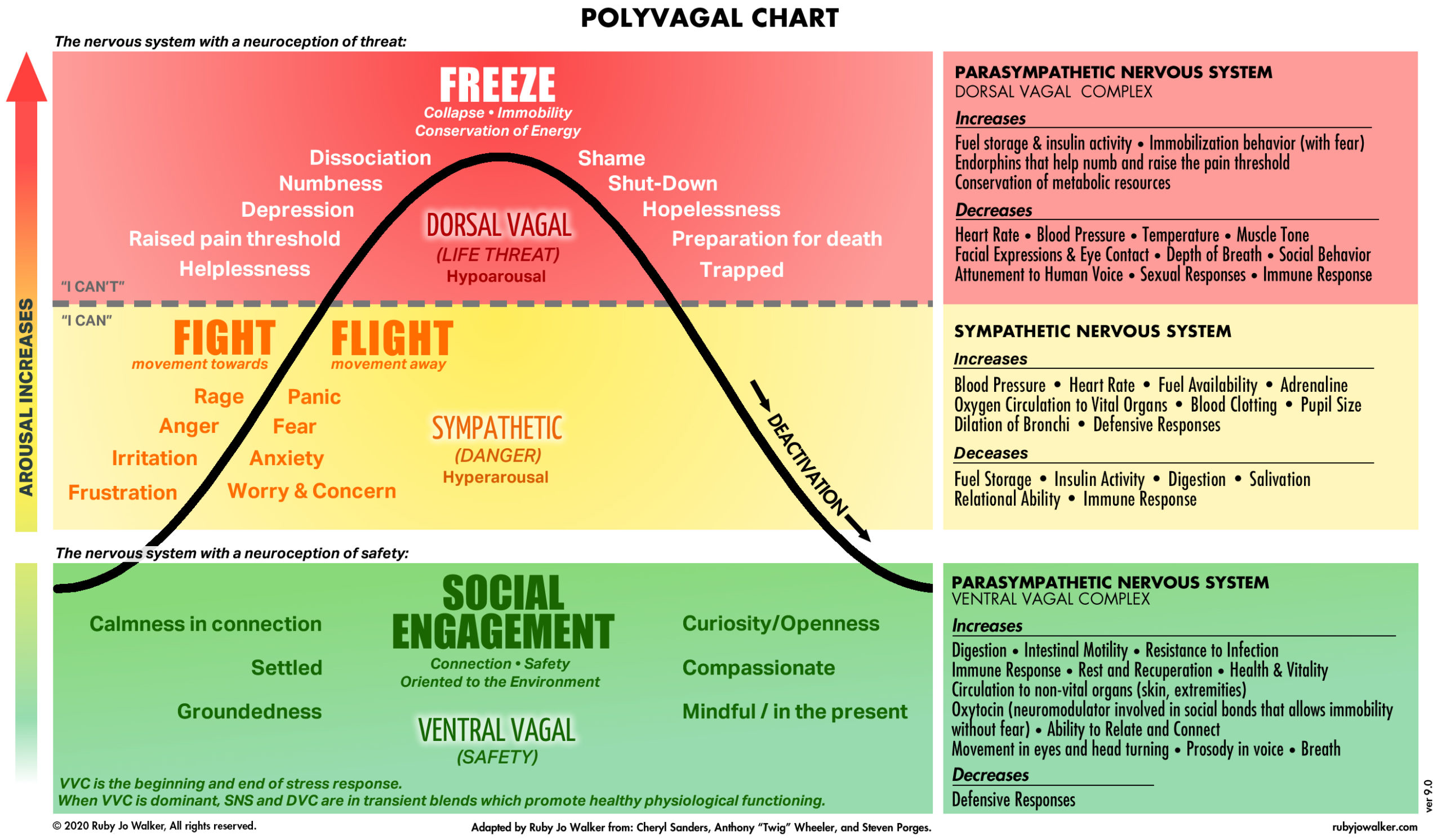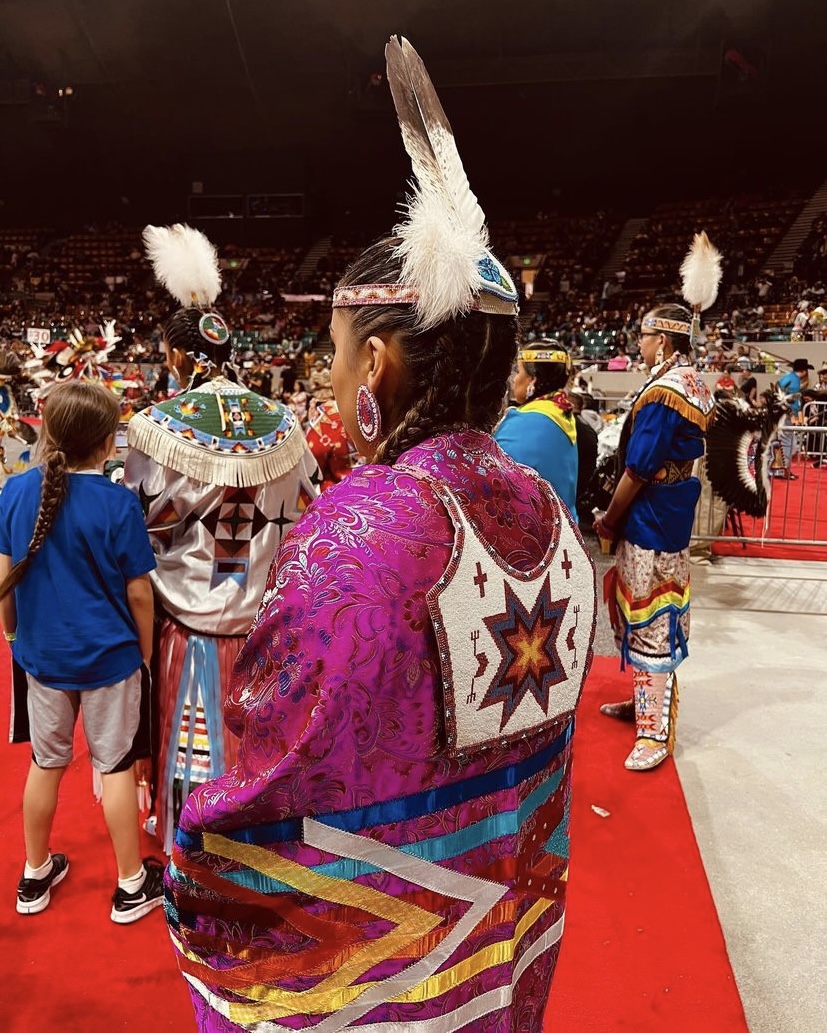What Our Body Remembers:
I have come to learn that our bodies remember more than the conscious mind can. This has helped me when I am struggling to accept and process certain emotions, feelings, and sensations. At times I find myself in situations that are similar to old situations in which my “flight and flight” sense go off. As researchers at Harvard explain, “the “fight-or-flight” response evolved as a survival mechanism, enabling people and other mammals to react quickly to life-threatening situations.” (https://www.health.harvard.edu/staying-healthy/understanding-the-stress-response). Although the current situation I may be in may not be as dangerous or scary as my old situation, my fight or flight nervous system becomes triggered, nonetheless. As a result, when I become triggered by something that is very similar, I have to take the time to acknowledge my bodily sensations, understanding that I am no longer in that situation and am safe. Understanding what my body feels like when it is triggered and having practices to help regulate myself in such situations are very important. Without these practices, continual states of stress can have very negative effects on health outcomes.

(This chart was created by Ruby Jo Walker, and she is “an expert trainer on the forefront of the field of interpersonal neurobiology with a specialty in presenting on the neurophysiology and treatment of trauma.” To learn more about her and her work please visit her website https://rubyjowalker.com)
In the book Legacy: Trauma, Story and Indigenous Healing by Suzanne Methot states,
“Stress reactions are a big part of the negative health outcomes within Indigenous communities. The chronic stress of colonization, forced assimilation, and racism and discrimination, along with the stress created by the everyday impacts of intergenerational trauma, is behind many of the health issues that afflict contemporary Indigenous peoples…The disease felt in Indigenous communities is the physical manifestation of intergenerational trauma and the metaphysical inheritance of the pain of colonial history.” (Suzanne, P.99)

